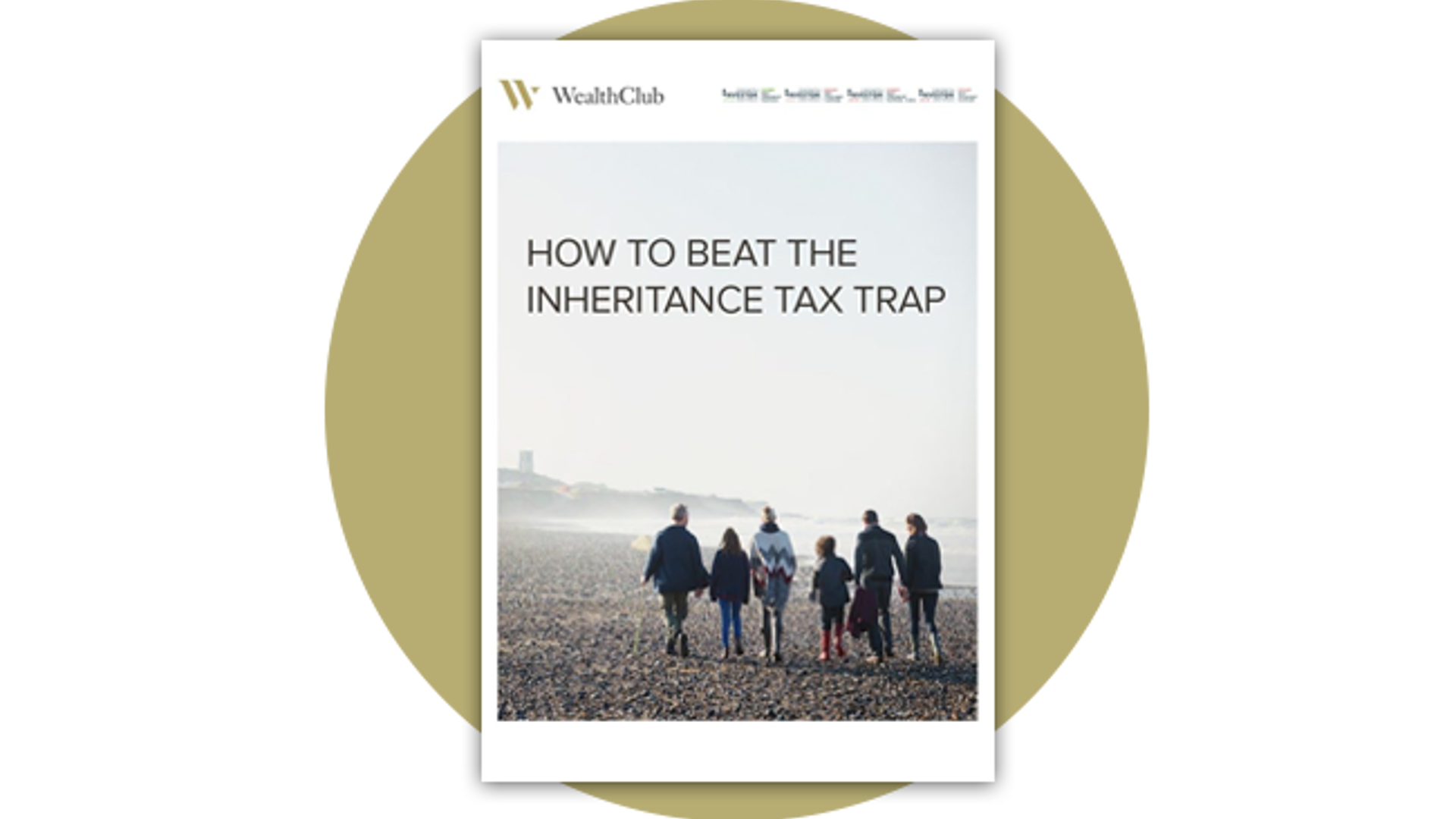
On Wednesday 15 October, Chancellor Rachel Reeves confirmed she is looking at “further measures on tax” ahead of next month's Budget, as she tries to plug a fiscal hole of anything between £20bn and £51bn.
After months of speculation, this is the clearest sign yet that tax hikes are on the way. And there’s little doubt who’ll bear the brunt of this: tax rises for the wealthy “will be part of the story”, she said.
Since the start of this government – and indeed the previous one – there has been an onslaught of taxes targeting higher earners.
So what sensible options are there? While we cannot know exactly what will happen, there are certainly things worth considering.
This is only a very quick summary – not personal advice. You should consider your options carefully, including risks, before investing to form your own view. You should not make investment decisions based on the tax benefits and possible rule changes alone. Tax rules can change and benefits depend on circumstances.
Important: The information on this website is for experienced investors. It is not a personal recommendation to invest. If unsure, please seek advice. This is a brief outline based on current rules: there are detailed conditions and rules you should consider carefully before investing Investments are for the long term. They are high risk and illiquid and can fall as well as rise in value: you could lose all the money you invest.
1. ISA and Pension
If you are planning to invest in an ISA this year, it might be prudent to do so before the Budget, just in case any changes are announced.
The same goes for pension contributions. At present, you can contribute up to £20,000 each year to an ISA and up to £60,000 to a pension for most people (though reduced limits apply for high earners and retirees). ISA investments can grow free of capital gains and income tax, whilst with a pension you could benefit from up to 45% income tax relief on contributions and tax-free growth (read more on pension tax relief).
2. VCTs, EIS and SEIS
These schemes offer highly attractive tax breaks when you to invest in young, and hence higher risk, companies:
- Venture Capital Trusts (VCTs): up to 30% income tax relief plus tax-free dividends. You can invest up to £200,000 a year.
- Enterprise Investment Scheme (EIS): up to 30% income tax relief, capital gains deferral and loss relief. Plus, potential for inheritance tax relief after two years. You can invest up to £1 million a year (or even £2 million if certain conditions are met)
- Seed Enterprise Investment Scheme (SEIS): up to 50% income tax and capital gains tax relief, as well as loss relief. Plus, potential for inheritance tax relief after two years. You can invest up to £200,000 a year.
Each type of investment offers a different balance of risks and rewards that could meet different investors’ requirements.
If you are considering investing, and you’re comfortable with the higher risk of young companies, it might be wise to act now. Some offers have planned allotments before the Budget, which could be handy, in case the allowances are tweaked or made less attractive.
Please note: a minimum holding period applies to retain the tax reliefs.
3. Inheritance Tax
The last Budget included unwelcome surprises for farmers, business owners, and pension holders. There are however still ways to give away – or pass on – money and assets tax-efficiently. If you were thinking of making gifts anyway, it may be sensible to do so before the Budget.
4. Company owners
If you run your own business, you should be able to control when and how you pay yourself. If planning a bonus or dividend this year, it may be prudent to bring the payment forward.
5. Pension tax-free cash
There has been speculation that the tax-free cash you can take from your pension – currently 25%, capped at £268,275 – might be restricted further.
Many are suggesting those who can, should take their tax-free cash now.
But this is a particularly tricky area. If you are over 55, you could be eligible to take the tax-free cash. However, if the government makes no changes, this could have significant downsides. Firstly, you would remove money from a tax-efficient environment; secondly, any future contributions could restricted to £10,000. Ultimately you may end up worse off.
That said, if you are planning to retire this year anyway, it may be prudent to act sooner rather than later.
Wealth Club aims to make it easier for experienced investors to find information on – and apply for – investments. You should base your investment decision on the offer documents and ensure you have read and fully understand them before investing. The information on this webpage is a marketing communication. It is not advice or a personal or research recommendation to buy any of the investments mentioned, nor does it include any opinion as to the present or future value or price of these investments. It does not satisfy legal requirements promoting investment research independence and is thus not subject to prohibitions on dealing ahead of its dissemination.



